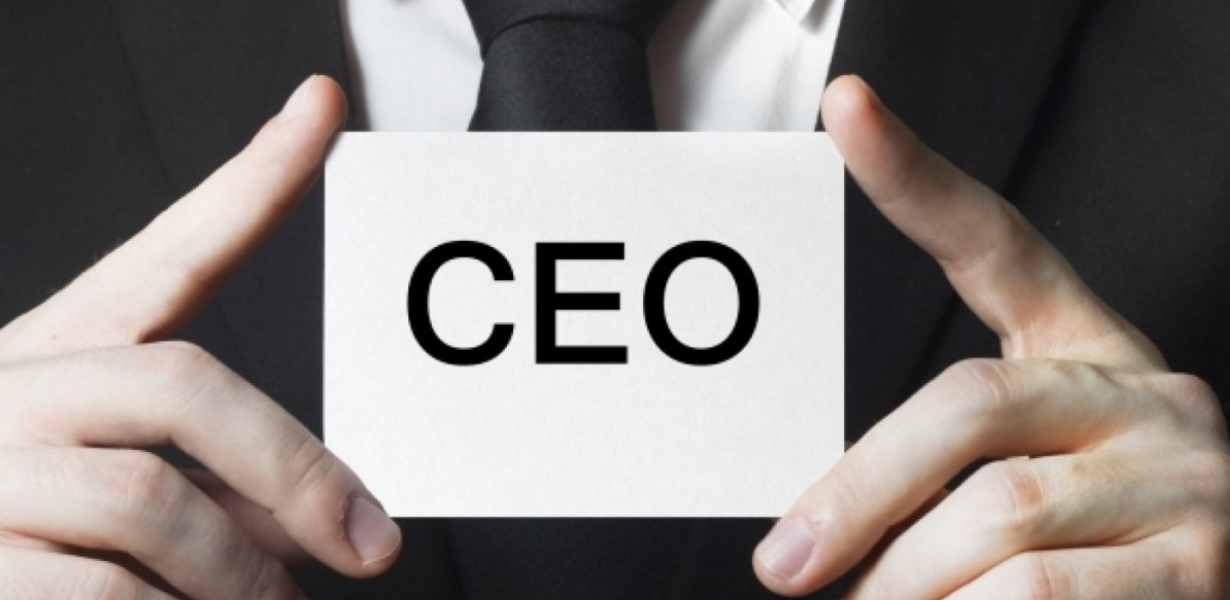The meaning of ceo is the person who stands at the very helm of a company, in a position vested with almost unlimited power and almost equally staggering responsibilities. Appointed by the board of a company, a CEO is tasked with managing all aspects of the company’s day-to-day operations and dealing with any high-level problems that would otherwise impede these operations.
The ceo definition sounds pretty simple, doesn’t it? Don’t worry, there’s lots more to come, or this would be short. Below, we’ll look closely at what is meaning of ceo, along with some of the significant duties of a Chief Executive Officer. We’ll also examine the ways CEOs interact with other executive officers of the company.
The Responsibilities of A Chief Executive Officer
We said above that a CEO is tasked with managing all the different aspects of a company’s everyday operations, but what is the real meaning of ceo? Put simply, the ceo definition says that a Chief Executive Officer is responsible for making sure the company’s operations remain profitable and that tomorrow’s profit margin shows an incline, however slight, and not a decline.
Before exploring the responsibilities typically included in the ceo definition, let’s talk about scale. You’ll find people writing entire papers on the topic, but we’ll shorten it down to just a few words for you: the roles and responsibilities of a CEO depend entirely on the organization’s size.
How does that work, exactly? We’re glad you asked.
How Company Size Affects A CEO’s Responsibilities
The Chief Executive Officers of large companies and corporations usually only deal with higher-level business strategy and policy decisions. By and large, in these cases, the ceo definition means dealing with important matters that require their attention. This could range from high-level corporate strategy development, major company decisions that carry many risks or even dealing with legal issues with the company’s legal defense team.
I mean, think about it for a second. You wouldn’t expect Mark Zuckerburg to come to deal with a minor server outage for Facebook himself, would you?
In smaller companies, though, the opposite ceo definition is accurate: in these cases, the meaning of ceo includes often having to take a more hands-on role in the company’s day-to-day operations. They could be interviewing new staff for open positions in the company or taking an active part in planning a small expansion to make sure it goes correctly. While some tasks are delegated to different managers and departments, they have to wear a lot of hats.
Check Seeking a Primary Research Company? Don’t overlook these factors!
The Major Responsibilities of A CEO
If you take anything away from the previous section, there’s no standardized list of the roles and responsibilities of a Chief Executive Officer. Instead, it depends almost entirely on the size, practices, and policies of the company. However, based on several successful CEOs who’ve steered their companies to greathood, and our answer to what does ceo mean, we’ve assembled a list of the typical duties and responsibilities of a CEO:
1. Representing the Company in Meetings With Different Entities
The Chief Executive Officer is typically expected to be the company’s public face in meetings with different entities and organizations. This includes communicating with the Board of Directors and shareholders on behalf of the company. In some cases, the CEO also attends meetings with government meetings as the company’s representative.
2. Developing Short- And Long-Term Strategy
Corporate strategy is essential to a company’s short- and long-term future. When they’re not dealing with more pressing matters, successful Chief Executive Officers of the last ten years, like Mark Zuckerberg of Facebook and Satya Nadella of Microsoft, have spent a lot of time developing their corporate strategy.
3. Evaluating The Performance of Other Executive Leaders
In any corporate structure, departments are compartmentalized, with different directors, presidents, and vice presidents for every major department. One of the CEO’s most important duties is to oversee these executives’ performance and evaluate how they’re performing on a day-to-day basis. In more extreme cases, the CEO also has the power to replace them at will.
4. Ensuring the Company Operates With Social Responsibility
The CEO is responsible for ensuring the company operates with a standard of social responsibility. For manufacturing and processing companies, this could mean something as small as implementing proper waste disposal methods.
Alternatively, for companies built around online operations, social responsibility could mean appointing proper moderators for their online forums and support sites.
5. Setting Measures in Place for Risk Management
There are always measures and examples set in place for proper risk management. Still, in an appropriate work environment, the ceo definition says that a Chief Executive Officer should also contribute to risk management by establishing a risk culture. By making employees and subordinates aware of the proper steps to mitigate risks, leaders can only reduce business risks and inspire their associates to do the same.
Also Read: How Much Time Does It Take To Implement The Knowledge System In The Company’s Structure Effectively?
Conclusion: The CEO’s Interactions With Other Chief Executives
We promised you we’d talk about how other Chief Executives tie into the meaning of ceo, and here we are. Before we begin, though, let’s get something out of the way: while the CEO is at the helm of the company, they’re also a part of the larger C-Suite team of executives. In most standard corporate structures, you’ll find Chief executives like:
- The Chief Information Officer, who represents the technological know-how and advises the CEO in upgrading the company’s technology.
- The Chief Operating Officer oversees business operations and aspects of the company.
- The Chief Financial Officer compiles budgets, tracks expenses, and revenue streams, and advises the CEO after analyzing the company’s financial data.
Appointed by the Board of Directors in most cases, these officers represent most of the decision-making power and are tasked with working together to ultimately improve the company’s profitability.









